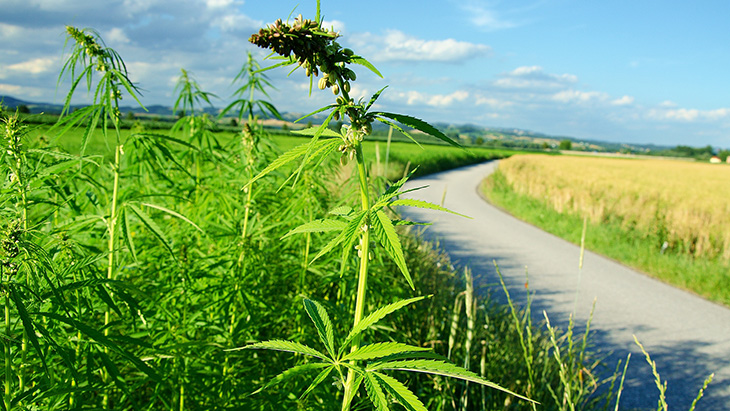 Members of the Oglala Sioux Tribal Council voted 11 to 8 this week in favor of the enactment of a new, 80-page ordinance regulating the possession and use of marijuana on the Pine Ridge Reservation in South Dakota. Members of the tribe in March initially passed a referendum in support of changing tribal marijuana laws.
Members of the Oglala Sioux Tribal Council voted 11 to 8 this week in favor of the enactment of a new, 80-page ordinance regulating the possession and use of marijuana on the Pine Ridge Reservation in South Dakota. Members of the tribe in March initially passed a referendum in support of changing tribal marijuana laws.
The ordinance permits the use of cannabis for both patients and adults (non-patients age 21 or older). It permits tribal members to cultivate and dispense cannabis, and also allows for the establishment of social consumption facilities – which may be accessed by both tribal members and non-members.
This week’s vote comes just days before South Dakota voters will decide on a pair of statewide ballot initiatives: Constitutional Amendment A — which legalizes the possession and use of marijuana by adults, and Initiated Measure 26, which establishes a medical marijuana program for patients diagnosed with serious health conditions. The most recent polling available, conducted days ago by Mason-Dixon Polling & Strategy, finds the medical cannabis measure winning easily, with some 74 percent of South Dakotans endorsing it. By contrast, pollsters report that 51 percent of likely voters back Amendment A, with 44 percent opposed and five percent undecided.
The new Pine Ridge Reservation ordinance will take effect in 30 days. The Oglala Sioux Tribe is the first Native American tribe to move forward to legalize marijuana use in a state that has yet to similarly regulate it.
Commenting on the timing of the ordinance’s finalization, NORML Legal Committee member Leland Berger of Portland, Oregon – who assisted in drafting the ordinance – said, “I am most hopeful that the timing of the passage of this ordinance will have a positive influence on the medical and legalization initiatives on the ballot next week in South Dakota.”
Under state law, the possession of any amount of marijuana is a Class 1 misdemeanor, punishable by up to one year in jail, a $2,000 fine, and a criminal record. In 2018, an estimated one out of every ten arrests made in the state was marijuana-related, according to data compiled by campaign proponents South Dakotans for Better Marijuana Laws. Ninety-five percent of all cannabis arrests in South Dakota were for possession.

